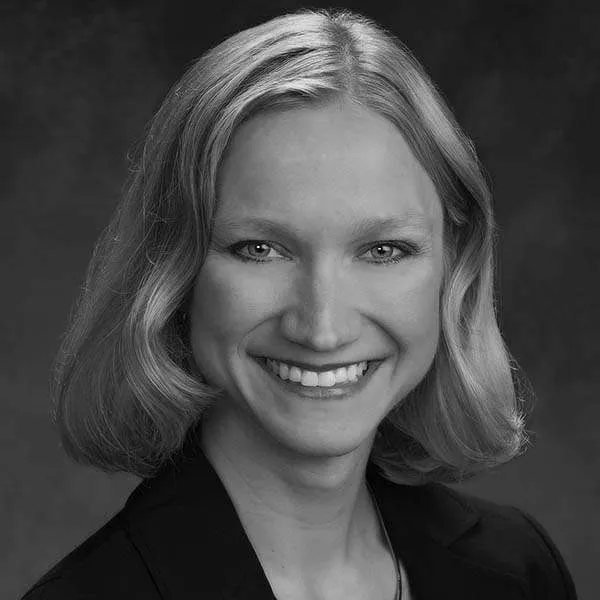It is September, fall is in the air, and what we might call “respiratory season” is nearly upon us. Respiratory season refers to the colder months in which we spend much of our time indoors, maybe October through March. Normally, this season correlates with when we see high rates of typically seasonal respiratory infections such as influenza and respiratory syncytial virus or RSV.
Living through the COVID-19 pandemic has given us knowledge we can use to greatly decrease the spread of all respiratory infections. During the 2020-2021 respiratory season, rates of influenza were at historic lows across the country due to the measures we took to decrease the spread of COVID-19. So, what are the lessons learned?
First and foremost, we should learn that when we are sick with respiratory symptoms, we should avoid spreading our illness to others. It remains essential that anyone experiencing symptoms of cough, fever, or cold symptoms be evaluated and consider testing for COVID-19, influenza, and possibly other infections to ensure avoidance of spread.
Second, if you are sick, even if you have tested negative for COVID-19, try to avoid spreading germs to others. We should especially avoid contact with those most vulnerable to respiratory illnesses – this includes the very young and the very old and those who have suppressed immune systems or chronic lung disease. If you must be around others, keep distance when possible, cover your mouth and nose when coughing or sneezing, and at best, wear a mask to keep those respiratory droplets out of the air. I now cringe to think of years past, when I would power through my common colds and see patients without a mask. I know I can do better in the future.
Finally, vaccines remain one of our best tools for infection prevention. Of course, vaccination against COVID-19 is crucial and has proven to be highly safe and effective. But let’s not forget other respiratory vaccines. It is time to think about getting your annual influenza vaccine. And if you are 65 years old or more, or if you have any medical problems increasing your risk for bacterial pneumonia, you should ask your healthcare provider about a pneumococcal vaccine.
We have the tools to keep ourselves and others healthy during the respiratory season. I, for one, hope that lessons learned during a respiratory viral pandemic might help us all do better in the future.
Kelly Evans-Hullinger, M.D. is part of The Prairie Doc® team of physicians and currently practices internal medicine in Brookings, South Dakota. Follow The Prairie Doc® at www.prairiedoc.org and on Facebook featuring On Call with the Prairie Doc® a medical Q&A show celebrating its twentieth season of truthful, tested, and timely medical information streaming live on Facebook most Thursdays at 7 p.m. central.
-0-




